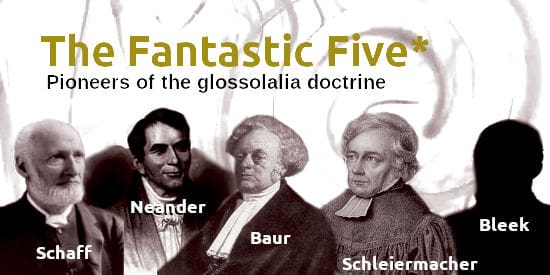A translation of Thomas Aquinas on I Corinthians 14:27-33 from the Latin into contemporary English.
Translated from the Latin text: Reportationes 088 R1C cp 14 Pg. 390 lc6
I Corinthians 14:27–33
The Apostle maps out here how they ought to conduct themselves in regards to the gift of tongues. In respect to this, he does it in two ways. With the first he shows in which they ought to utilize the gift of tongues. With the second when they ought to cease from [its] use. In that place it says, “But if there will be no [interpreter], etc.” he then says, with the first, that the manner in which the gift of tongues ought to be applied is to be such among you that “If any,” which is if someone should speak in a tongue, that is he is going to narrate visions or dreams, of such things, a speech probably cannot be done by many on account of the occupation of time in tongues and no place remains for the prophets and generates confusion but, “Let it be by two,” that is by two persons, and if necessary it ought to have been done according to “the most three,” that it should be enough at three.
